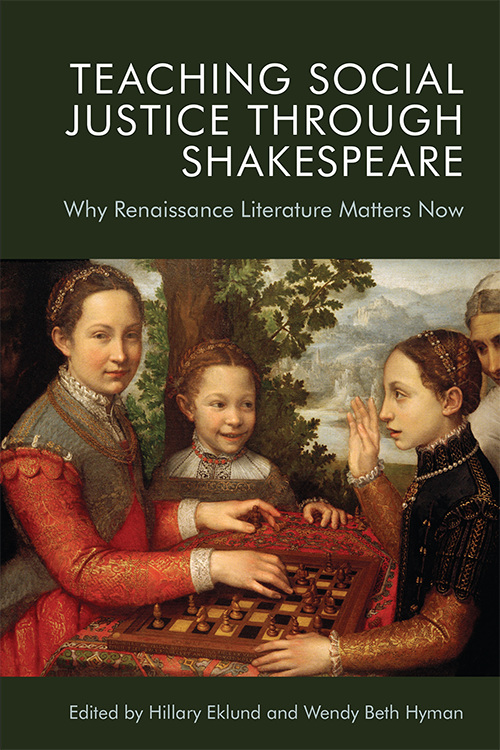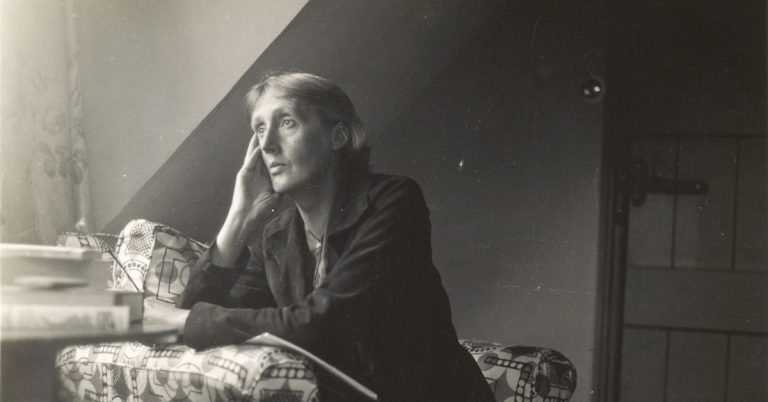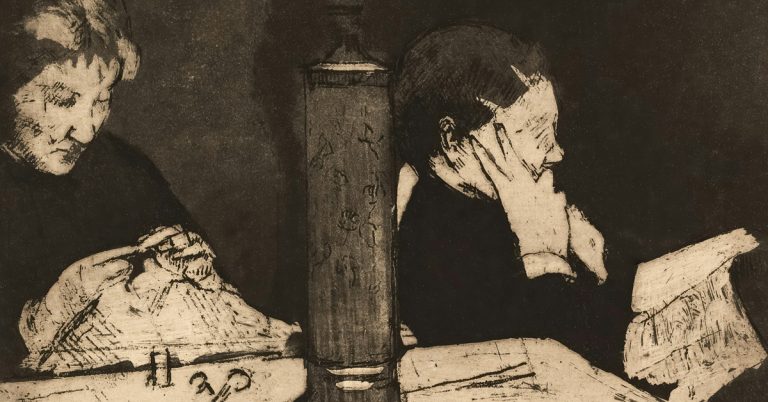
Higher education in the humanities faces a growing list of cultural and institutional pressures. From the pernicious mistrust of experts to the deployment of early literatures as symbols of hateful ideologies, it has never been clearer that what we do in the classroom has real-world stakes. The moment therefore seems right for early modern studies to pursue a reinvigorated role in truth-seeking and truth-making. Here we offer five strategies based on ideas developed in our edited collection, Teaching Social Justice Through Shakespeare: Why Renaissance Literature Matters Now.
1. Understand that what you are doing in the classroom is already socially consequential.
As Brazilian educational theorist Paolo Freire demonstrated, students’ relationships to their objects of study have bearing on their relationships to the wider world. Paying attention to those relationships gives teachers and students opportunities to revise them through dialogue, developing what Freire terms “critically transitive consciousness.” This consciousness portends a greater interpretive sophistication of the world, increased critical flexibility, heightened receptivity to new information and methods, and improved reasoning. In this way, we can all use the classroom as a site of individual as well as social transformation.
2. Leverage the alienness of the past to defamiliarize the present.
As L. P. Hartley famously noted, “The past is a foreign country: they do things differently there.” The study of early modern literature affords students particular encounters with the far-away, encounters that estrange their modern lives and foster ethical engagement with the seemingly alien or remote. Even Shakespeare’s or Spenser’s language detains our modern ears with nuances that forcefully expand our interpretive resources, and etymological surprises that defamiliarize our everyday English. The past, in other words, teaches us that knowledge—then as now—is contingent and provisional.
3. Approach texts not as venerated, stable objects but as lively and contingent specimens that are constantly changing.
However alien the early modern may seem to our students today, we are inversely reminded that, as William Faulkner wryly puts it, “The past is never dead. It’s not even past.” Here, too, we see rich opportunities. The multifarious and extensive performance history of Shakespearean drama, for instance, transforms the distant past into an ongoing and polychronic now. As texts acquire new meaning over time through acts of performance, adaptation, and interpretation, we have new opportunities to invite our students to co-create their meanings. We can both reinvent and historicize.
4. Encourage students to be makers of knowledge, not just consumers of it.
Bringing democratic methods and ideas into the space of the classroom helps students develop more control over the conditions for knowledge production. Activities like service learning, creating their own lesson plans, working with incarcerated learners, and other community partnerships encourage students to make connections between the classroom and the world beyond it. Such forms of engagement also ask students to examine their assumptions about a range of social, racial, economic, and environmental issues and the people they differentially affect. Gathering information from multiple sources and through multiple senses, evaluating data without bias, reevaluating previously held beliefs, being asked to teach material to their peers, and recognizing motivated reasoning all help students become aware of how they are processing knowledge. We can encourage students to think deeply about their commitments and, at the same time, be receptive to changing their minds. Finally, framing ideas as sites of curiosity rather than as possessions helps students further deliberate about the processes by which they can make and must revise knowledge.
5. Balance institutional critique with courageous acts of imagination.
As a mode of analysis, critique should challenge not just texts but the related institutions, ideologies, and social relations that fashion the power structures we inhabit. Indeed, interrogating these symbolic and material signs of power is already idiomatic to our scholarly generation’s critical habitus. Even as we acknowledge that we are interpolated within a system, we own that it is interpolated within us. Yet it is not enough to critique things as they are; instead, we should be willing to imagine–and practice–how to transform them. As Henry Giroux maintains, a critique of schooling and its discontents in a capitalist society should be supplemented by “an ennobling, imaginative vision that takes us beyond the given and commonplace.” Resistance, in other words, is a creative enterprise.
Although these methods do not belong to any one discipline, and can be pursued across the curriculum, we see early modern literature as an ideal site for these imaginative experiments in social transformation. As all of us teaching Shakespeare and early modern literature know, these texts were often foundational in the construction of the flawed societies we now inhabit (witness the ways in which Othello or The Merchant of Venice document, but also contribute to, the grammars of racism and antisemitism); thus we learn a great deal by tracing the line of continuity between our eras. But it is not just cautionary etiologies we inherit. Early modern texts often foreground acts of invention, investigation, and world-making that can inspire our own. Their interest in the relationship between the microcosm of mind and the larger world, their investigations into contestations of power, and their foregrounding of divergent forms of knowledge: all point us to how complex encounters with literature can illuminate the path towards both personal and social change.
About The Authors


Hillary Eklund is Provost Distinguished Professor, Associate Professor of English, and Chair of the department at Loyola University New Orleans.
Wendy Beth Hyman is Associate Professor of English and Comparative Literature at Oberlin College.
You can find out more about Teaching Social Justice Through Shakespeare which is available on open access through our website.






This appears to rely on Foucault’s assimilation of legitimate authority to raw power. The Hegel-scholar Jacques D’Hondt took issue with this in a 1986 article in Clio. To look at matters the other way around, could one not see liberalism and egalitarianism – as they function in academia – as hateful ideologies directed against Europeans, intended to delegitimize our knowledge and experience?